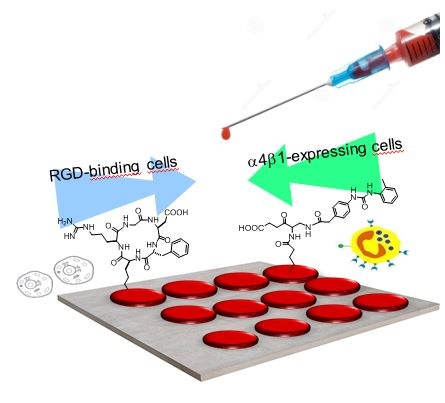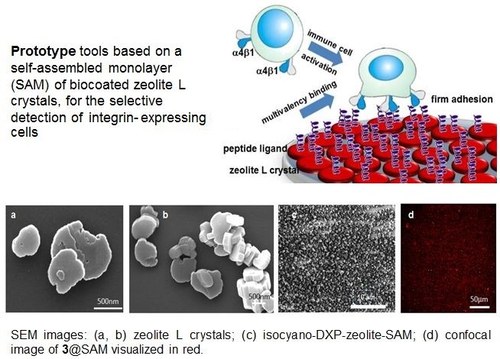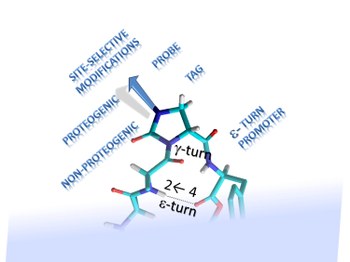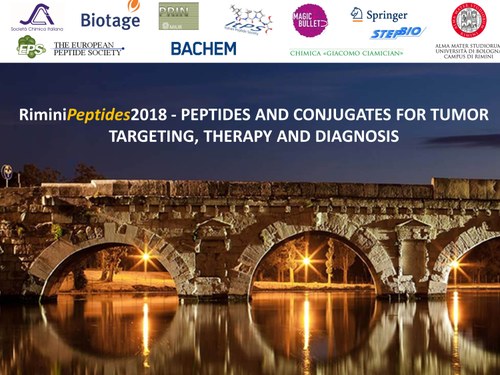Clinical validation of nanostructured devices for the analysis of immune system cells in pediatric patients Validazione clinica di dispositivi nanostrutturati per l’analisi di cellule del sistema immunitario in pazienti allergici in età pediatrica (IntegrAL)

The project IntegrAl is supported by Fondazione del Monte di Bologna e Ravenna (IntegrAl-328bis/2017)

The project “Integral” is aimed at the development and clinical validation of biocompatible, nanostructured devices capable to facilitate the diagnosis of allergies in pediatric patients. During this highly multidisciplinary project, we will prepare microchips with cross-gradients of nanoparticles, functionalized in turn with different integrin ligands. The latter are adhesion receptors expressed on the surface of T cells, lymphocytes, eosinophils, etc. and are responsible for their adherence to the tissues affected by the inflammation associated with allergies. The cells will be separated and quantified on the microchip thanks to the different adhesion shown by each type of cell, which depends on the type of expressed integrins and their abundance. In this way, it will be possible to obtain on the chip an adhesion pattern characteristic of the form of allergy presented by the patient in its various phases and manifestations.

This approach has already been successfully tested by the CeNTech group for the recognition and separation of tumor cells (see later sections). The resulting diagnostic method will be rapid, efficient, economical, and non-invasive, and will require only a drop of blood or other physiological fluids of the patient obtainable by conventional techniques. The project takes advantage of the collaboration with the prestigious CeNTech center in Munster, Germany, which will deal with nanoparticles and nanomaterials; the Ciamician Department will manage the functionalization with the integrin ligands. Patients from the Gozzadini Children's Hospital will provide the blood samples, and the involved doctors will evaluate the results of the tests on the chips comparing them with the clinical picture and with other skin tests or blood tests.

We have identified promising peptidomimetic ligands capable to selectively recognize the cells expressing integrins alfa4beta1. These ligands have been utilized to coat a self assembled monolayer of nanoparticles.
L. Gentilucci (Principal Investigator, presenta il progetto), R. De Marco, M. Anselmi, Dipartimento di Chimica “G. Ciamician”, Università di Bologna, Bologna
G. Ricci, F. Cipriani, Ospedale pediatrico Gozzadini del Policlinico S. Orsola, Bologna
S. Kehr, CeNTech, Center for Nanotechnology, Münster, Germany.

R. De Marco, J. Zhao, A. Greco, S. Ioannone, and L. Gentilucci

The preliminary results have been presented during the congress
Peptides and conjugates for tumor targeting, therapy and diagnosis
RiminiPeptides2018
June 16 - 18, 2018
Campus of Rimini of the University of Bologna, via Angherà 22, Rimini, Italy.